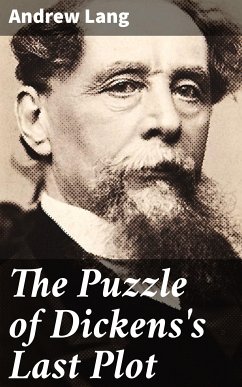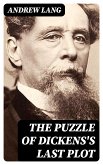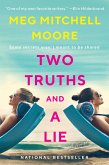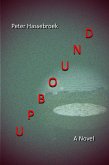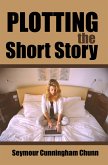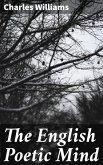In "The Puzzle of Dickens's Last Plot," Andrew Lang delves into the intricacies of Charles Dickens's final unfinished novel, exploring the complex narrative threads and thematic elements that characterize the author's last literary endeavor. Employing a blend of analytical rigor and literary appreciation, Lang unpacks Dickens's narrative style, rich characterizations, and his distinctive use of social commentary. The work situates itself within the broader context of Victorian literature, highlighting how Dickens's unfinished project remains a poignant reflection of his artistic genius and social conscience. Andrew Lang, a prominent Scottish poet, novelist, and critic, is best known for his extensive contributions to the field of folklore and literary analysis. His deep admiration for Dickens, combined with his scholarly pursuits, compelled him to investigate the enigmatic qualities of Dickens's last work. Lang's background in literature, along with his insights into the cultural milieu of the 19th century, allows him to weave a compelling exploration that is both reflective and critical. This book is a must-read for enthusiasts of Dickens and Victorian literature, as well as scholars interested in the unwritten potentials of literary works. Lang's meticulous research and engaging prose not only excavate Harry's unfulfilled thematic aspirations but also revive a dialogue about the nature of completion in literature, inviting readers to ponder the possibilities of lost narratives.
Dieser Download kann aus rechtlichen Gründen nur mit Rechnungsadresse in A, B, BG, CY, CZ, D, DK, EW, E, FIN, F, GR, H, IRL, I, LT, L, LR, M, NL, PL, P, R, S, SLO, SK ausgeliefert werden.

